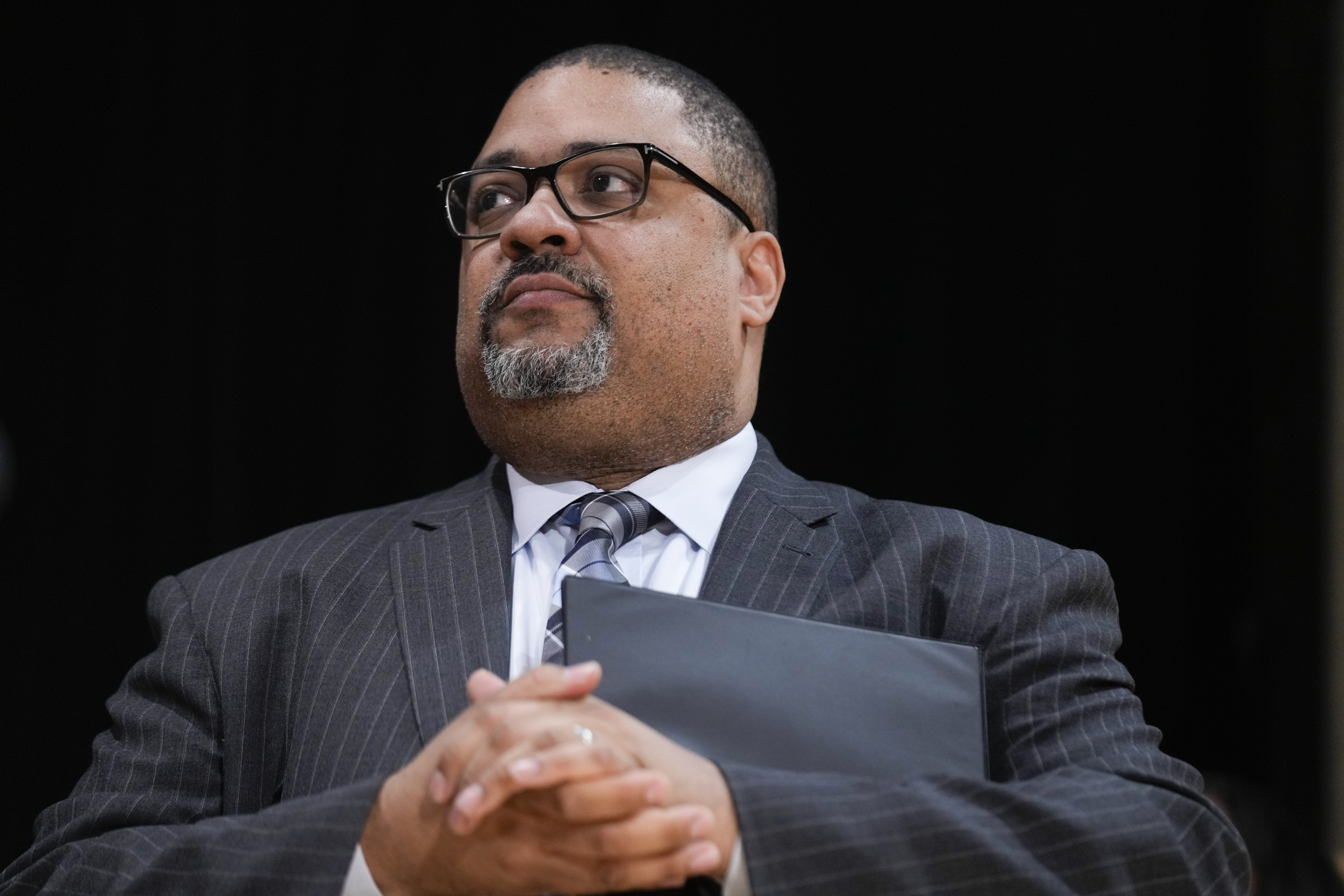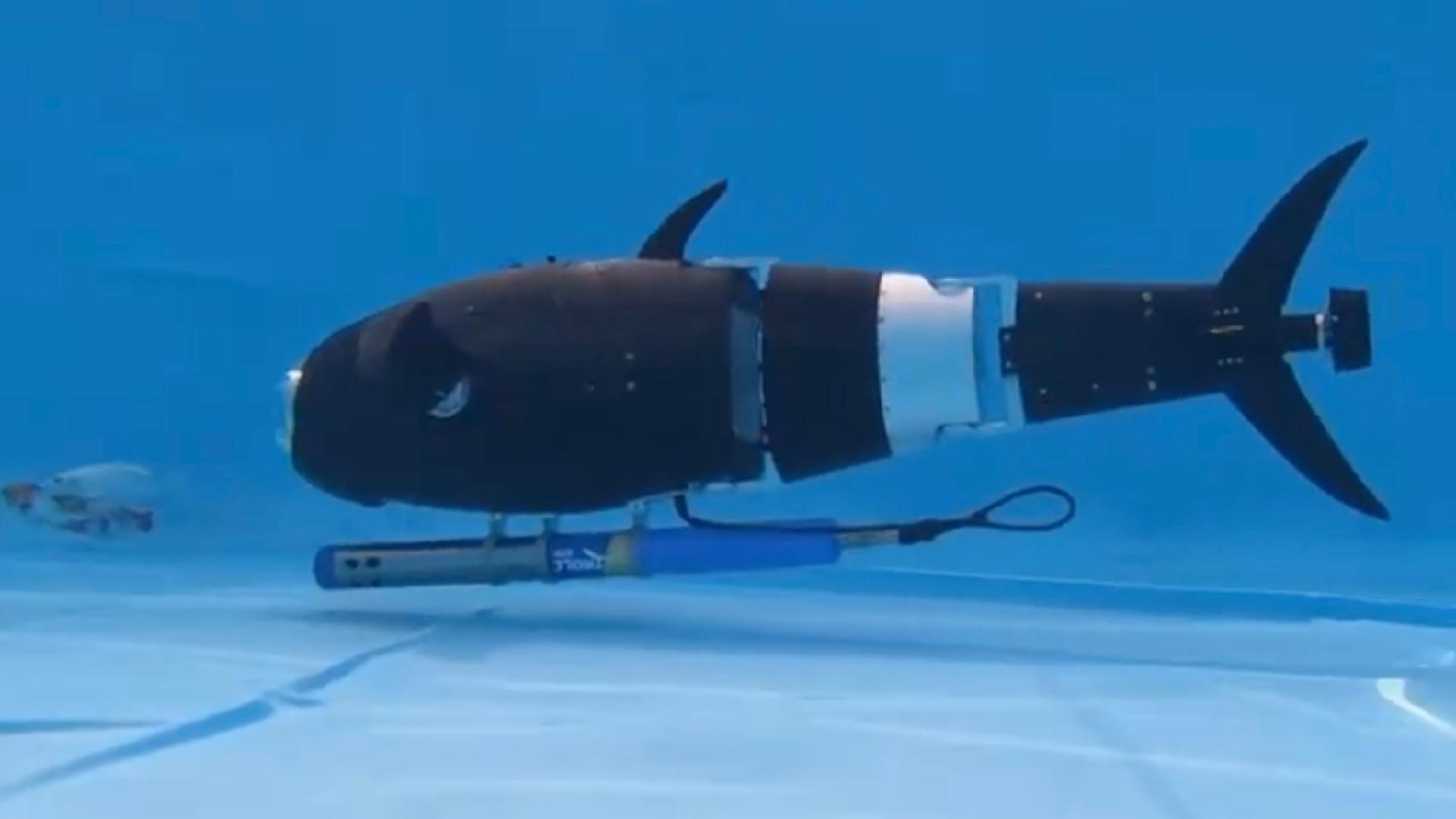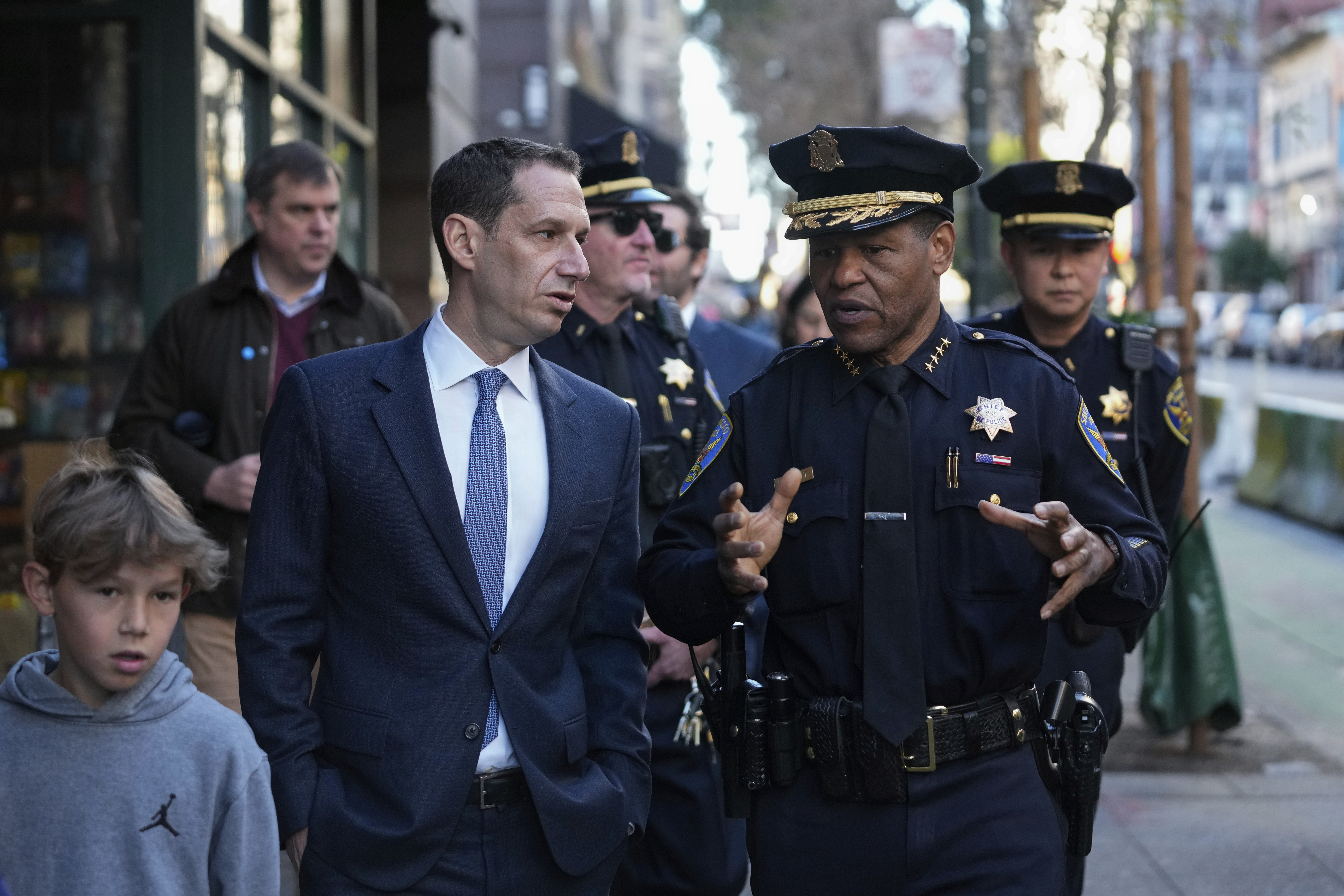Manhattan DA, House GOP chairs ramp up battle over Trump investigation
The volleys are the latest in a days-long back and forth between the prosecutor and House Republicans.


Manhattan DA Alvin Bragg on Saturday night accused a trio of House Republicans of trying to interfere in his office, amid an escalating standoff over an investigation into former President Donald Trump.
Bragg, in a brief statement, said that it was “not appropriate for Congress to interfere with pending local investigations,” after Reps. Jim Jordan (R-Ohio), James Comer (R-Ky.) and Bryan Steil (R-Wis.) — the chairs of the Judiciary, Oversight and Administration Committees, respectively — doubled down on their request for information in their own letter on Saturday.
The volleys are the latest in a days-long back and forth between the prosecutor and House Republicans that started earlier this month when Trump teased on social media that he could imminently be arrested. The statement sparked a rallying cry from House Republicans with Speaker Kevin McCarthy (R-Calif.) vowing an investigation.
Jordan, Comer and Steil, in their Saturday letter, set a new deadline of March 31 for a swath of documents they are requesting regarding Bragg’s office, including any related to potential federal funding of or involvement in his work. They also doubled down on their request for Bragg to provide testimony behind closed doors.
Those requests are currently voluntary since Republicans haven’t issued a subpoena for either the documents or an interview with Bragg. The GOP chairs haven’t ruled out trying to compel him and, in their letter, they appear to briefly argue that a subpoena would meet the bar for having legal legs.
“Your reply letter did not dispute the central allegations at issue—that you, under political pressure from left-wing activists and former prosecutors in your office, are reportedly planning to use an alleged federal campaign finance violation … [to] indict for the first time in history a former President of the United States,” Jordan, Comer and Steil wrote in their letter.
Bragg is reportedly preparing for the possibility that the former president will be indicted on charges related to alleged hush money payment to Stormy Daniels. Bragg, in his statement on Saturday night, hit back at the accusation of playing politics, saying that his office evaluates “cases in our jurisdiction based on the facts, the law and the evidence.”
“This unprecedented inquiry by federal elected officials into an ongoing matter serves only to hinder, disrupt and undermine the legitimate work of our dedicated prosecutors. As always, we will continue to follow the facts and be guided by the rule of law in everything we do,” Bragg added.
Bragg's office didn't immediately respond to questions about if they would be sending a separate, formal response to House Republicans responding to their latest letter.
The investigation by House Republicans is raising questions about the scope of Congress’ jurisdiction over state and local criminal matters. Leslie Dubeck, Bragg’s general counsel, wrote in a letter to House Republicans earlier this week that Bragg’s office would submit a letter describing its use of federal funds, while emphasizing that questions about the office’s use of federal funds does not justify a congressional attempt to unearth nonpublic information about the ongoing probe.
The GOP lawmakers, in their letter, argued that they weren’t overstepping jurisdictional boundaries because they could use Bragg’s testimony and the documents to pass potential legislation. The letter provides new details on what House Republicans could pursue in response to the investigation into Trump, including legislation to “insulate current and former presidents from such improper state and local prosecutions,” reforms to special counsel authorities, changes to the Federal Election Campaign Act and to how Congress dishes out public safety funds.
“We believe that we now must consider whether Congress should take legislative action to protect former and/or current Presidents from politically motivated prosecutions by state and local officials, and if so, how those protections should be structured,” the GOP chairs added.












